“Human lives are full of vastness and randomness.
Human and Civil Rights are not the same thing – but they are of the same concept.”
They both protect a human beings against injustice, maltreatment, and oppression.”
“Practice and engage in kindness, love and respect for all creatures on the planet. Especially one another.”
“Be kind, because it will bump into someone else who may have lost someone or something meaningful in their life the day before.”
The Greatest Danger to our Future is Apathy
Cäsar Jacobson
Cäsar Jacobson is a Norwegian/Canadian Human Right, Civil and Animal Rights Activist.

UN Women Youth Champion and human rights activist had the opportunity to participate in what marked Women’s History during International Women’s Day at the United Nations in New York, USA
The Government of Canada subsequently interviewed Cäsar to discuss her views on equality; a commemoration interview for International Women’s Day regarding her involvement on the UN High-Level Panel.
Cäsar is accredited for ABC’s The Good Doctor, The Murders TV, Talk To The Hands
During a Global Compact event, Cäsar joined Helle Bank Jørgensen, known for Globally Recognized sustainability, climate change, and ESG advisor with close to 30 years of experience helping global companies & investors turn sustainability into robust and reliable financial results. Helle Jørgensen has worked with hundreds of world-leading companies, including IKEA, Nike, Shell, Unilever, Novo Nordisk and Vestas.
Cäsar is the first known Deaf pageant winner to represent Canada and go on to internationals, winning British Columbia regional competitions before her National Title.
Subsequently, becoming Miss Peace in Europe, which led to her involvement in United Nations as she began to establish roots in the deaf community.
Cäsar, had hearing loss at birth, with one already deaf ear left unserviceable, the other ear progressively became deaf/Deaf anatomically and culturally.
Eventually it was suggested she look into cochlear implants which affect the culture surrounding the Deaf community. C.I.’s were but a connection to a hearing-catered-dominant world which is oftentimes – and unrealized – filled with Audism.
While she was eventually willing to try a Cochlear Implant, instilled in her, was Deafhood (a cultural, not [only] pathological. Information viewed in the following webiste will describe the differences amongst both.
https://www.lifeprint.com/asl101/pages-layout/culture1.htm
Ultimately this is part of the global issue with acquisition of sign language which is far more complex and complete than the full language aquisition a cochlear implant can require. While, with a C.I. [Cochlear Implant] the hearing range is extensive, it is not the amplification of sound like a hearing aid – rather it is an electromagnetic translation of sound which is processed by the brain through a series of transferring sound energy whereby its not uncommon that language must be learned again and neuroplasticity growing strength with the consistent practice over a course of years. It is not a restorative device.
Later she was unilaterally implanted with a cochlear Implant but was later a device recall requiring surgery and revision.
Cäsar utilizes Sign Language and the cochlea implant as a tool
Once we know better, we do better. Believing that kindness, patience, empathy – while difficult for many or even unpracticed (and justified due to their high paced or complex career – a common excuse – and common in the medical profession and educational profession – especially higher level learning/post secondary— there are exceptions to the common) leads to an environment where we understand the needs of one another and respect these needs.
When information is provided without judgment or harassment and assumptions or fear of asking the wrong question, we begin learning how to respond, respect, and communicate in ways you were unfamiliar with prior. Deaf and Hearing alike – while an entirely different world – need not understand each other to the extent they do now.
Remember, you may one day be in this boat. Never judge or down play the experience of another person in any language or ability. Do not compare C.I. Users – the brain is complex and the devices vary in accuracy and usability from person to person for many reasons not mentioned here.
Still, in 2022, there are a vast amount of people that believe sign language is simple rather than complex.
It is a full and complex language. One of the most difficult. It allows a significantly more accurate exchange of language than the aforementioned cochlear implant but takes years and years of consistent ongoing practice to master its benefits – much like the cochlear implant. With both, the younger a person is —with exceptions ! – the more information and integration is had. Like anything.
.
Ultimately we are all people with different ideas, needs, abilities, and preferences. If you are not able to BE a person with their particular marginalized/oppressed situation and all individual variances = ultimately all another person CAN do – is LEARN the reality and experiences which differ from country to country.
A Caucasian person will never know the effects of being Black. A Hearing person will never truly know the effects of being Deaf. Do not look at either as lesser in any regard – if you do. You’re Audist & Racist. Simply learn from someone in the appropriate category to gather the best information possible to remove your barrier.
(Do NOT place these within a category of the same or similar struggles, it is but a metaphor and example to help understand that you cannot fully understand what laws and human rights should exist unless you ARE someone with this experience. Imagine, someone in both categories – both different both with profoundly amazing and unrealized ways of understanding and living – like anything – but wildly different – there are downsides. People can learn from one another —PERIOD. How boring it would be without diversity.
Black ASL was more in line with the traditional version of ASL, like using two hands when signing. Some of the major differences of Black ASL are that it uses more facial expressions and personality. Many Black ASL signers say that it allows them to showcase more of their “attitude” and persona compared to ASL.
Black Deaf women may experience three strikes of prejudice against them due to their race, Deafness, and sexist practices that prevail in our male dominated culture. These discriminatory practices can be traced back to the segregation era during the 17th to mid 20th centuries.
If you’re wondering how this connects to Hearing and Deafness – its
expand the diverse nature of two cultures with similarities segregated by language and culture
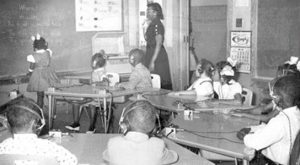
VIEW information correlated to picture
https://dcmp.org/learn/366-black-deaf-culture-through-the-lens-of-history
In some situations, seeing how the community functions in another country allows for learning opportunities or appreciating the access they have where they reside.
We often take for granted our ability to interact with others in our own language. Significant barriers to communicating in sign language are depriving many deaf people of enjoying even these basic interactions. Governments Should Ensure Equal Access to Information and Services
– Karelian Kozick (officer of the disability rights division)
Some have access to sign language in their personal, educational, or professional environment; others do not.
There is not one Universal Sign Language
There are somewhere between 138 and 300 different types of sign language used around the globe today. Interestingly, most countries that share the same spoken language do not necessarily have the same sign language.
Many use captioning, lip-reading, SEE Signed Exact English, ASL/LSQ sign language word order, or may find themselves changing the structure of the signed language with their interpreter or audience.
Lip (or speech) Reading is not universal, either.
Various factors affect the efficacy of lip reading. Alertness, facial hair, use of facial expressions, body language, education, distance, masks.
Please try not to take off your masks to allow someone else to lip-read – instead – find ways that enable accessibility during and after the pandemic: Paper, pen, iPad, speech to text etc.
Roughly 30% of language is lip-readable; once you get to know someone, it is easier to bridge the gaps; however – words/letters can look similar and while some people are easier to lip read, others may not be possible.
When there is an aperture of words un-recognized, the message becomes misunderstood; in reality, unbeknownst to them, a sentence changes the message entirely. Conjunctions or words not easily read on the lips can leave a message poorly captured.
With the global pandemic (and masks), zoom, typing, and writing, are shaping how people communicate and some of these options may continue long after the pandemic. This change highlights some of the joys and frustrations that are faced in many communities.
Resources for Deaf/HOH
USA
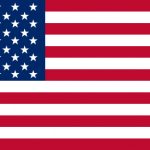
Malka Communications: http://www.malkacommunications.com/
Gallaudet resources: https://www.gallaudet.edu/asl-connect/asl-for-free
International affairs Gallaudet & Norway: https://www.gallaudet.edu/office-of-international-affairs/international-relations/world-deaf-information-resource/deaf-orgs/local-orgs/norway
Interested in Science?: https://leapsmag.com/deaf-scientists-just-created-over-1000-new-signs-to-dramatically-improve-ability-to-communicate/particle-1
CANADA

Maple Communications: https://www.maplecomm.ca/
https://srvcanadavrs.ca/en/ = Canadian Video Relay Services, you can scroll and locate an app for Android/Apple, Mac etc – create a VRS number, give it a test and the interpreter will connect both parties utilizing sign language.
CHS: Canadian Hearing Services: https://www.chs.ca/ Canadian Hearing Services where there are various products and resources.
Available in LSQ/ASL Langue des signes québécoise or Langue des signes du Québec (LSQ), is the predominant sign language of deaf communities used in francophone Canada, primarily in Quebec
CHS individual resources for youth and adults: https://www.chs.ca/service/sign-language-classes-individuals
Black & African American Sign Language: https://www.verywellhealth.com/multicultural-deaf-and-african-american-1046096
Get started with numbers:
Norway
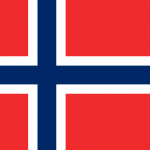
Norwegian Association of the Deaf
Norges Döveforbund
Grensen 9
N-0159 Oslo
Voice: +47 23 31 06 30
Description: Works to promote the interests of deaf sign language users in Norway and achieve social equality. Its website links to more deaf organizations in Norway and internationally.
Brazilian Sign Language (Libras)
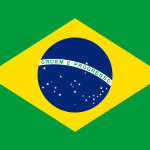
Around 3 million signers in Brazil use Brazilian Sign Language, which was given official status by the Brazilian government in 2002. Brazilian Sign Language may be related to French Sign Language or Portuguese Sign Language. However, it is so distinct that linguists classify it as a language isolate.
Ukrainian Sign Language (USL)
https://www.husj.harvard.edu/news/opinion-ukraines-new-language-law-protects-the-rights-of-the-ukrainian-deaf-community
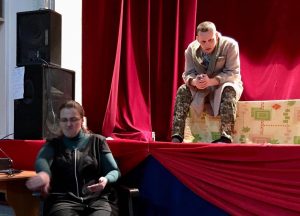
Countries That Use Spanish Sign Language
Andorra, Argentina, Belize, Bolivia, Chile, Colombia, Costa Rica, Cuba, Dominican Republic, Ecuador, El Salvador, Gibraltar, Guatemala, Honduras, Mexico, Nicaragua, Panama, Paraguay, Peru, Puerto Rico, Spain, and Venezuela are the Spanish-speaking countries of the world. In most of these countries, national associations of the deaf have published sign language dictionaries.
Indian Sign Language

_________________________________________
Chinese Sign Language
https://www.startasl.com/chinese-sign-language/
_________________________________________
Deaf/hoh/ devices:
DUO ECG + Digital Stethoscope: a portable and powerful combined ECG + digital stethoscope designed for clinical use.
ClearMask™ As spotted at ADARA-AMPHL:
You can attend ADARA-AMPHL conferences across the USA and learn of the National Centre for Deaf-Blind
Standard surgical masks block faces and prevent the ability to see facial expressions, read lips, and establish rapport.
_____________________________________________________
Deaf Culture within Black Culture
_____________________________________________________
CAPTIONING OPTIONS
Key facts
- Around 466 million people worldwide have disabling hearing loss (1), and 34 million are children.
- It is estimated that by 2050 over 900 million people will have disabling hearing loss.
- Hearing loss may result from genetic causes, complications at birth, certain infectious diseases, chronic ear infections, the use of particular drugs, exposure to excessive noise, and ageing.
- 60% of childhood hearing loss is due to preventable causes.
- 1.1 billion young people (aged between 12–35 years) are at risk of hearing loss due to exposure to noise in recreational settings.
- Unaddressed hearing loss poses an annual global cost of US$ 750 billion. Interventions to prevent, identify and address hearing loss are cost-effective and can bring great benefit to individuals.
- People with hearing loss benefit from early identification, hearing aids, cochlear implants; captioning and sign language; and other educational and social support forms. People have a right to choose their communication method, and there is no ‘one size fits all’ choice when it comes to acquisition. We can understand that everyone has a different experience and no two deaf or hard of hearing people have the same outcome or experiences and enjoy different things.
- A cochlear implant is a surgically implanted neuroprosthetic device providing a person with sensorineural hearing loss with a sense of sound.
- Cochler implants are complex medical devices that work differently than hearing aids. Rather than amplifying sound—which helps a person with residual hearing ability—a cochlear implant provides the sense of sound by stimulating the auditory nerve directly.
- Cochlear implants do not cure hearing loss or restore hearing. Still, they provide an opportunity for the severely hard of hearing or profound deaf to perceive the sensation of sound by bypassing the damaged inner ear.
- Unlike hearing aids, they require surgical implantation.
- Current estimates suggest an 83% gap in hearing aid need and use, i.e., only 17% of those who could benefit from using a hearing aid use one.
—— WHO World Health Organizaiton
The most common misconception about ASL is that it is a signed version of English. ASL is not English at all. ASL is a distinct language with it’s own syntax and grammar and has been developed over hundreds of years by deaf people to communicate. It is also just as capable as English or any other language of communicating abstract or complex ideas.
—Michelle Jay
“It was a victory for all people who ever felt the pain of being stereotyped, devalued, and unrepresented.”
—The Rev. Jesse L. Jackson
“Life is either a daring adventure, or nothing.
Alone we can do so little; together we can do so much.
The best and most beautiful things in the world cannot be seen or even touched – but with the heart.“
—Helen Kellar
Cäsar utilizes Sign Language and the CI as a tool; the CI (Cochlea Implant) is not a restorative medical device but is known for some benefits that vary from person to person.
NEWS: DAILY MOTH

https://www.dailymoth.com/about
The Daily Moth delivers news in video using American Sign Language. The deaf host, Alex Abenchuchan, covers trending news stories and deaf topics on new shows Monday-Fridays.
___________________________________________________
Deaf Artists:
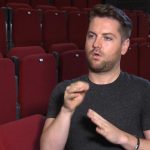
https://www.ctvnews.ca/entertainment/how-a-deaf-performer-in-b-c-is-helping-make-theatre-more-inclusive-1.3982548
Landon Krentz is a bilaterally profoundly Deaf individual who is completely bilingual in American Sign Language (ASL) and English. As a Deaf artist, he brings a unique perspective to the role of a Director of Artistic Sign Language for theatre organization that wants to establish professional sign language theatre as an inclusive artistic practice. The role has allowed him to advocate for the inclusion of artists within the larger community so that Deafness is looked upon as a reflection of diversity and culture. He is a skilled ASL/English transcriber who understands the theatrical context into sign language. In 2018, Landon was given an Award of Merit for his work in inclusion and access in Vancouver.
If you have a deaf or hard of hearing-friendly/owned business, fun facts or resources that you would like added to this website – please submit your information.
- The word "Dis-ability" exists only b/c those differently baked from 'us' sometimes are 'dissing' the ABILITIES 'we' DO have.
Get More Casar!
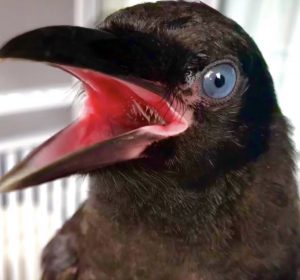 I remember when I was contacted for the opportunity to possibility to rescue and rehabilitate an injured birdie. A Very injured juvenile crow, the Murder (the unit of crows/family) surrounded him.
I remember when I was contacted for the opportunity to possibility to rescue and rehabilitate an injured birdie. A Very injured juvenile crow, the Murder (the unit of crows/family) surrounded him.I remember picking him up, named him Swoop, as I walked home, the family pecked my head a bit but I looked up and showed them their baby and with a calm demeanour I walked home – as if to say ‘come with me…please?’ Eventually they would guard the balcony from Seagulls – they would do it as a unit/team, I felt accepted by their group they were, from then on, kind to me. They followed me many blocks and I started taking pictures of them living across the street.
Throughout the day they would swoop by the window and I made it a habit to take this as a sign for visiting, Swoop and I would go on the balcony so he could visit his family. Over time he learned to hunt, i helped him rebuild the strength of his legs and the use of his wings.
Swoop progressed from an eye dropper all the way to finding a worm on his own. I will love Swoop forever, he still flies around with his family in the Vancouver area and has been recognized by a few.
I named him Swoop because his family would always swoop by. I would use my working lunch breaks to feed Swoop, he was my best friend. I love him, that is why I wanted to see if I can reconnect him with his family and it worked. Its a really fulfilling feeling that I will never forget.[/caption]
id=”2285″]
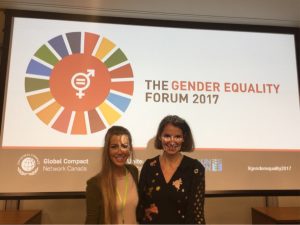
As Seen On

As Seen On

As Seen On


- https://www.verywellhealth.com/deaf-education-colleges-for-the-deaf-1048366
- The word "Dis-ability" exists only b/c those differently baked from 'us' sometimes are 'dissing' the ABILITIES 'we' DO have.
- Sign Language lesson from Dr. Bill
- There is always light, if you only we’re brave enough to see it. If only we’re brave enough to be it.
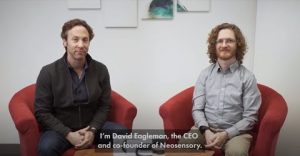

https://neosensory.com/product/buzz/
COUPON: CAESAR40 at checkout to save $40
Movies with Sign Language
http://www.lifeprint.com/

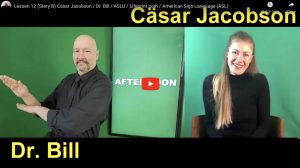
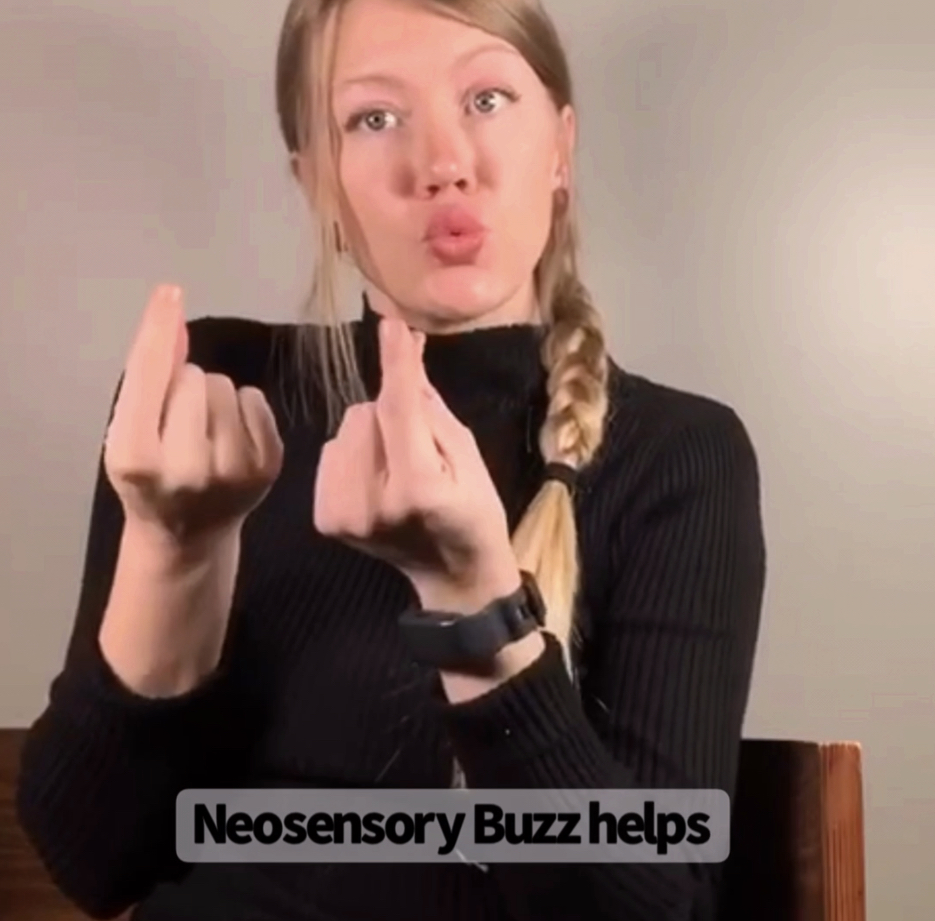
Click below to discover how I use my Neosensory Buzz
Box content
Pages: 1 2
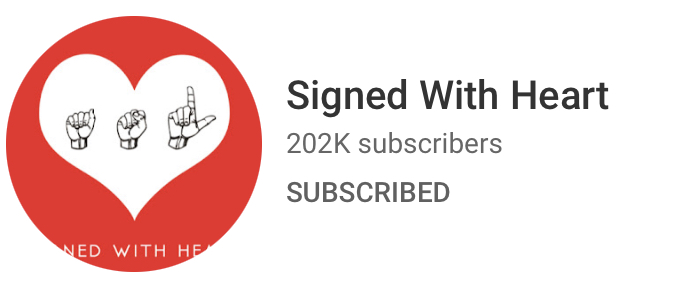



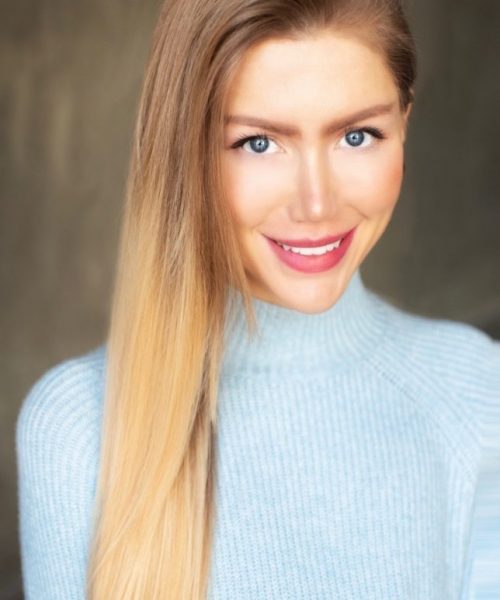
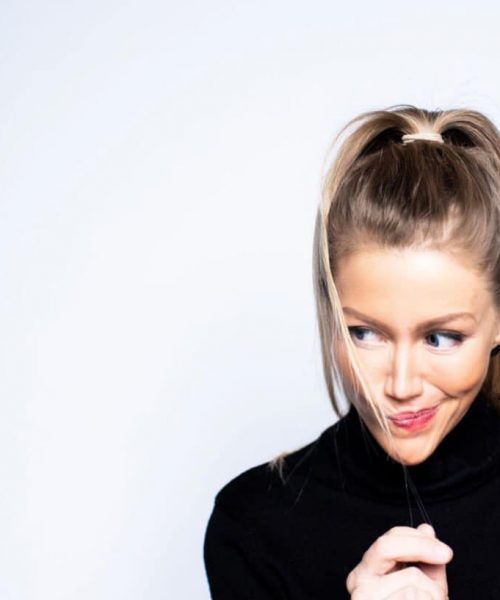
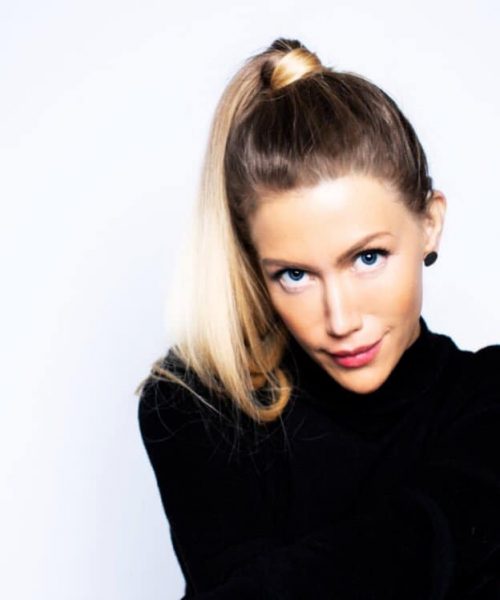
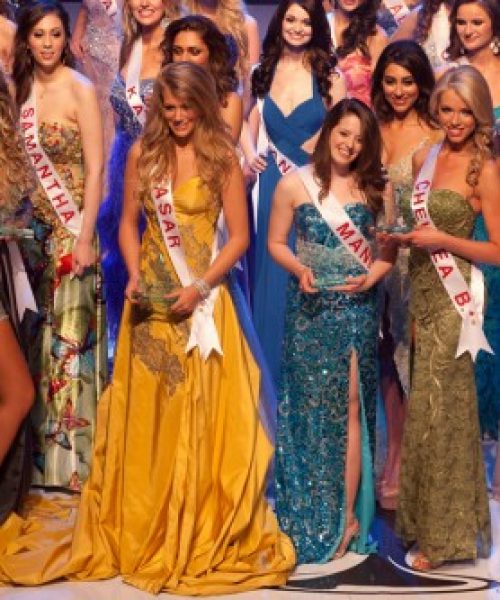
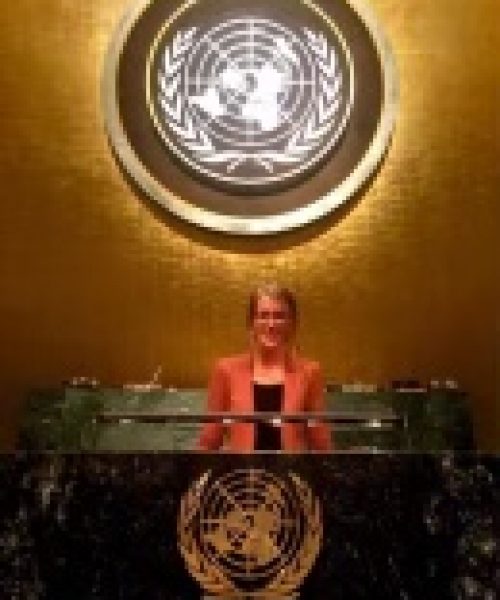
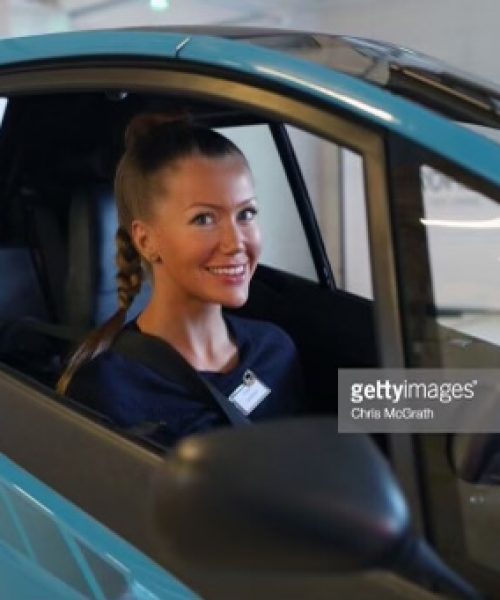

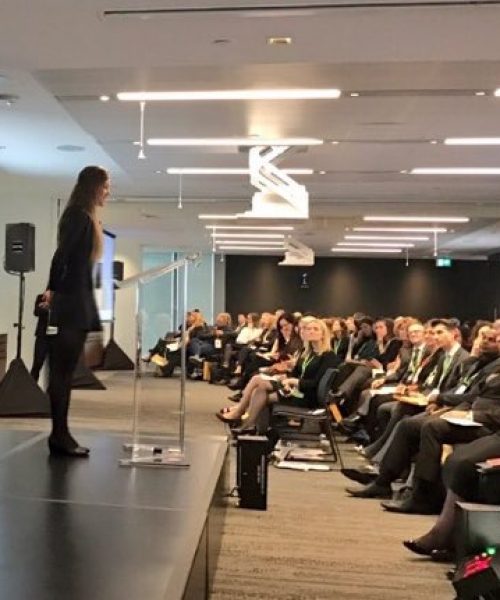
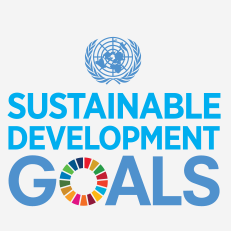
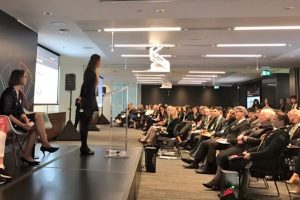
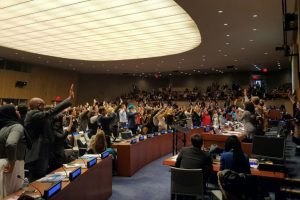
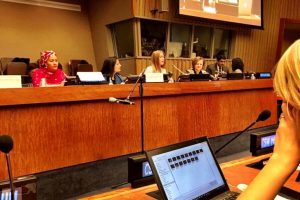
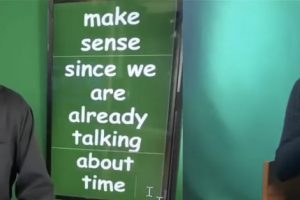
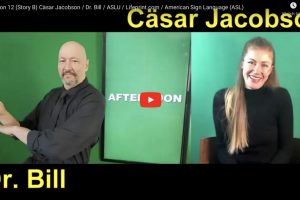
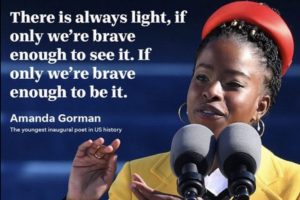
CRISIS TEXT LINE: 741-741